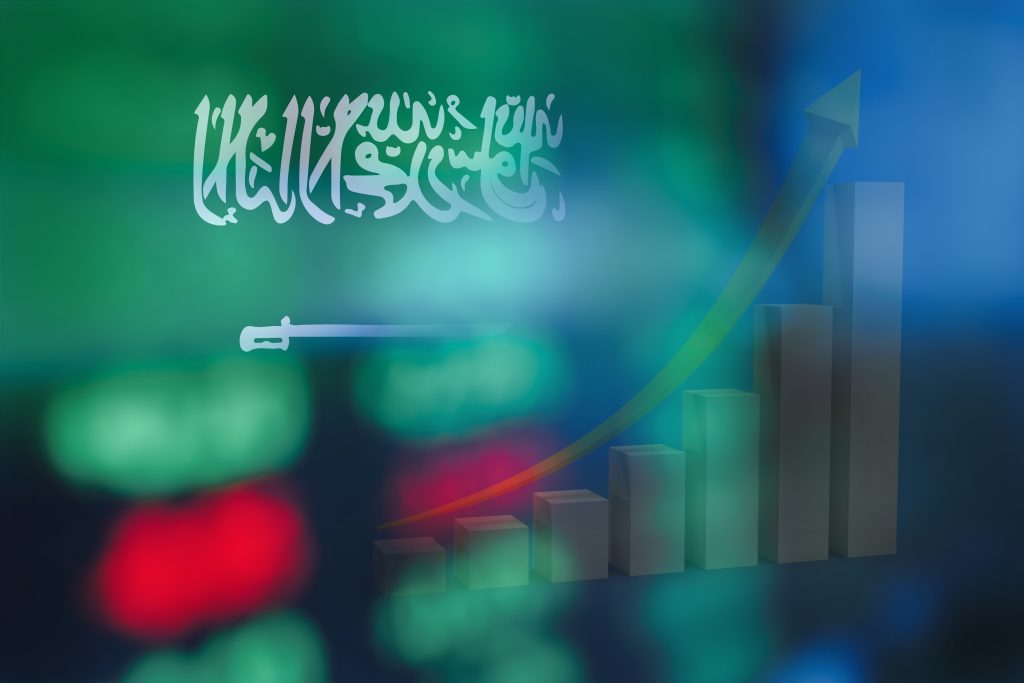The Saudi government has earmarked SR10 billion for the Standard Incentives Program aimed at boosting the industrial sector. This move, approved by the Council of Ministers, is designed to foster industrial investment and sustainable growth while enhancing global competitiveness.
Details of the incentives were revealed by the Ministry of Industry and Mineral Resources and the Ministry of Investment. Key figures such as Minister of Energy Prince Abdulaziz bin Salman and Minister of Investment Khalid Al-Falih attended the launch event.
The program offers up to 35% coverage of initial project investments, with a maximum of SR50 million per project. Support is split evenly between construction and production phases. The first phase targets transformative chemical industries, automotive manufacturing, and machinery, with more sectors to follow by 2025.
Minister Bandar AlKhorayef highlighted the program’s uniqueness in the region, aiming to produce goods not yet made in Saudi Arabia. It seeks to attract high-value investments by leveraging the Kingdom’s strategic location, open market, and low tariffs.
Focusing on localization and local content, the program intends to reduce imports and strengthen the balance of payments. It was developed through extensive government collaboration, with significant input from the Local Content and Balance of Payments Committee.
Minister Khalid Al-Falih emphasized the program’s role in advancing Vision 2030 and expanding industrial investments. The incentives are expected to enhance local supply chains, contributing to a diversified industrial base.
Projections suggest the program could add SR23 billion to GDP annually from targeted projects. Investment opportunities were presented during the launch, highlighting the program’s alignment with the National Industrial Strategy and Vision 2030 goals.
The initiative underscores Saudi Arabia’s commitment to economic diversification, focusing on fields like chemicals, aviation, automotive, food, and pharmaceuticals.
